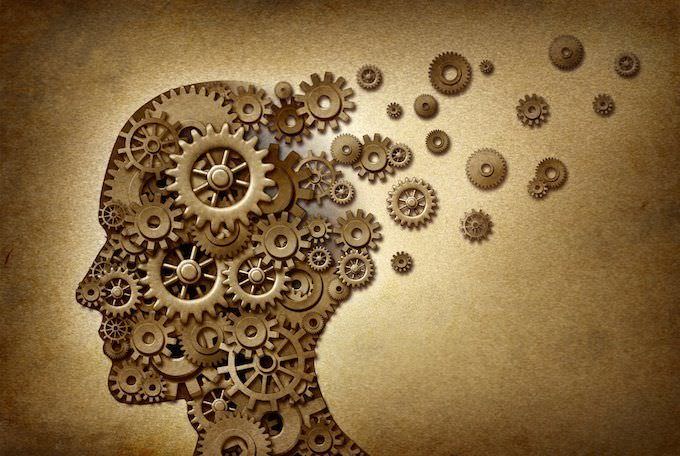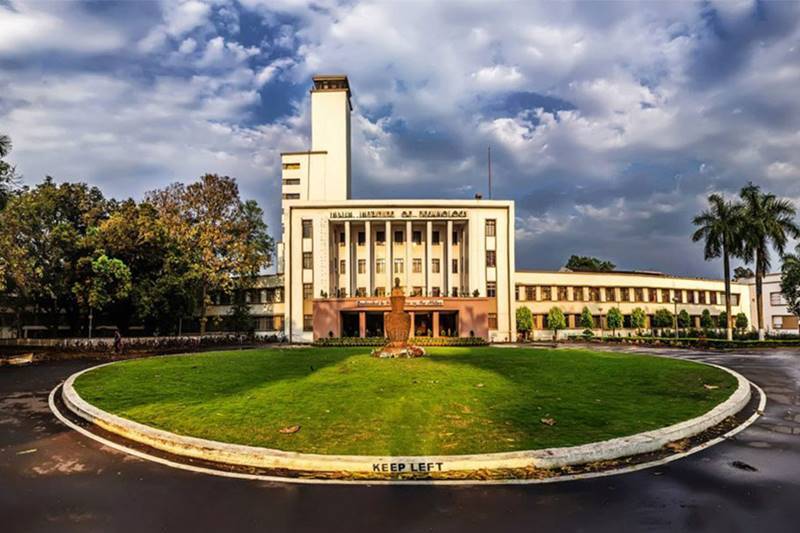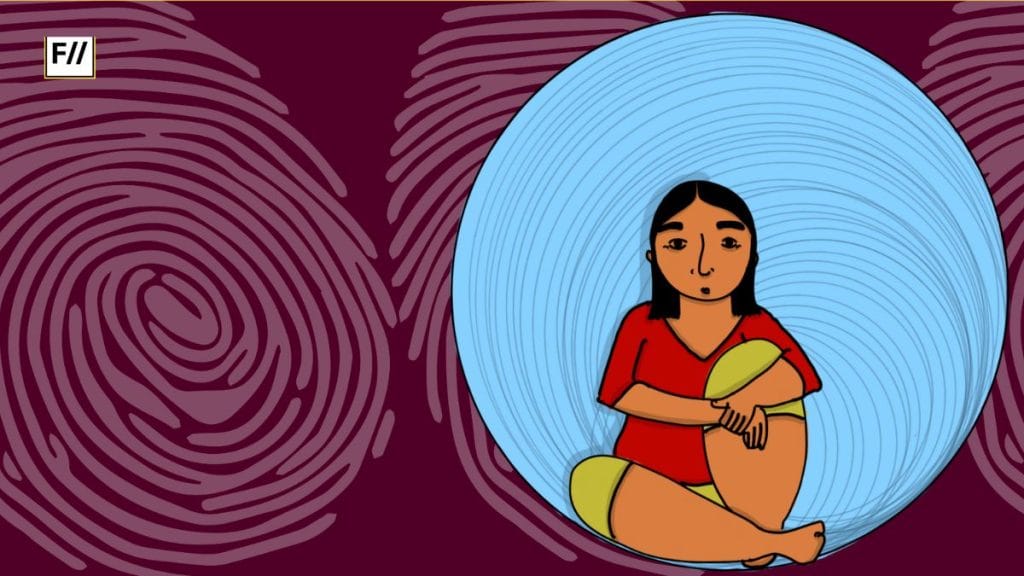Posted by Kripi Malviya
This piece is part two of a two-part series. Read part one here: The Abyss of Mental Health: The Responsibilities of the Professional (Part 1)
The issue of diagnosis is a tricky one. One one hand, there is the pain and uncertainty of not naming or knowing the exact nature of a mental health issue and the relief and validation that comes from an accurate diagnosis; on the other hand there is over-diagnosis by mental health professionals. Since diagnosis is the prerogative of the professional; the sensitivity and carefulness with which people are given diagnosis cannot be overrated. The wrong diagnosis can set a client or patient on a very difficult and self defeating path.
Mental health professionals are as scared of uncertainty as anyone else and therefore it is not surprising that some professionals diagnose a disorder in less than fifteen minutes. Clients not only have the right to question this: but it is also the therapist’s responsibility to inform their clients that are not just a collection of symptoms from the DSM. There is a very urgent need for a governing body that demands continuing education and supervision of mental health providers. Additionally, India needs comprehensive training programs that focus on holistic practice instead of polarised models of mental health care.
Thirdly, there is rampant and unchecked sexism, homophobia and others forms of discrimination in the mental health field. So even though it is good to encourage people to seek help, it is very possible that they will have a negative experience with a mental health professional and that can put someone off from ever seeking help again which means that some professionals can cause far more harm. Therefore it is again the responsibility of the mental health professional to not cause harm due to their own unchallenged harmful and divisive beliefs. The mental health profession in India has a long way to go to be trusted amongst groups that are facing discrimination at every turn and who often need their services the most. The counsellor, the social worker, the psychiatric nurse ,the psychologist, the psychiatrist can no longer be unchanging in their regressive practices and wonder why people don’t use their services; or worse yet shrug responsibility for change by blaming the client.
The mental health professional has to check their power and privilege as much as anyone else. The one thing i repeatedly wonder is how little i was taught about the impact of economic, social and political issues on the patient to become a psychotherapist; which should tell us what a long way we have to go. As professionals responsible for the emotional and psychological well-being of our clients, we can no longer afford to let our interventions be dictated by archaic and patriarchal views, in fact it is our duty to lead the way in being as inclusive as we possibly can.
Fourthly, there is lack of visibility and voice of mental health professionals in general which enables the current system to continue; plus a lack of transparency in how the professionals reach the conclusions that they do. Since mental health as a profession is about people, it is far from immune to all the social justice issues that exist in our society. Professionals meet and talk about their practices in conferences and meeting rooms and present scientific papers around the world; yet although this is an indicator of the development of the field, where do the people we work with fit in this? Why are they excluded from the conversations about services that are being designed for them? Why are we not doing so much more to ask THEM what they feel about their experiences with us and how they visualise better mental health services in India?
As mental health professionals, if we are really serious about decreasing the mental health gap in India, we have to learn to take a stand; as being apolitical or ignoring the impact of society is not a sign of pride, it is actually ill informed and bad practice. We need to get out of our private clinics and classrooms and be willing to accept that everything we can learn is not what we already know or out of a text book. We need to make far more of an effort and be willing to challenge the way we do mental health; thus work towards being more approachable and accountable. Furthermore, we not only need to go through our process of becoming more self aware and intersectional, but also collaborate and work together to form collectives that promote a more comprehensive view of mental health.
Kripi Malviya is psychotherapist and poet who loves living on islands. She is the founder and co-creator of TATVA which is an emotional wellness organisation based in Goa, India (more here).
Featured Image Credit: TheBrainHero.com
About the author(s)
Guest Writers are writers who occasionally write on FII.




